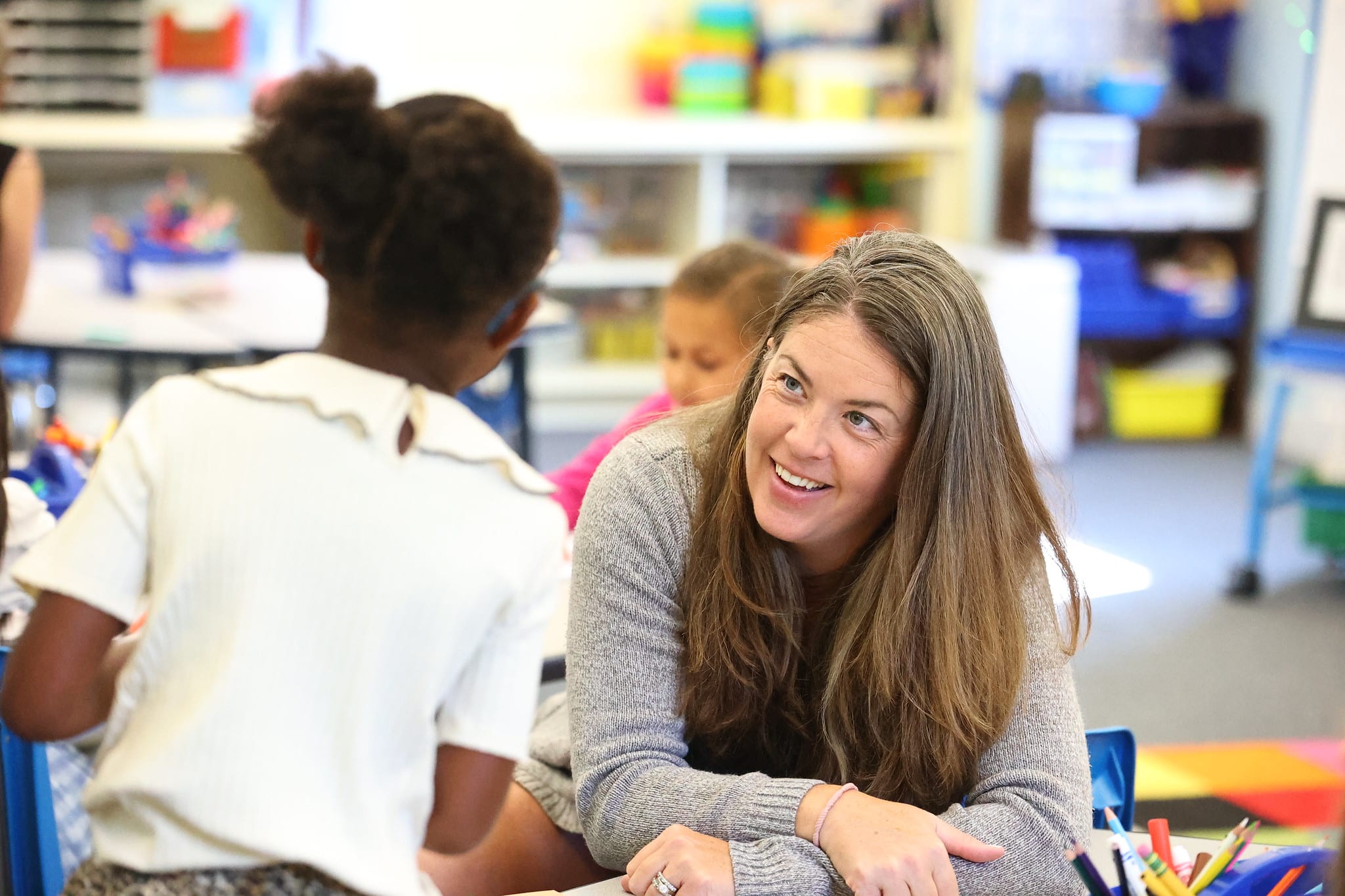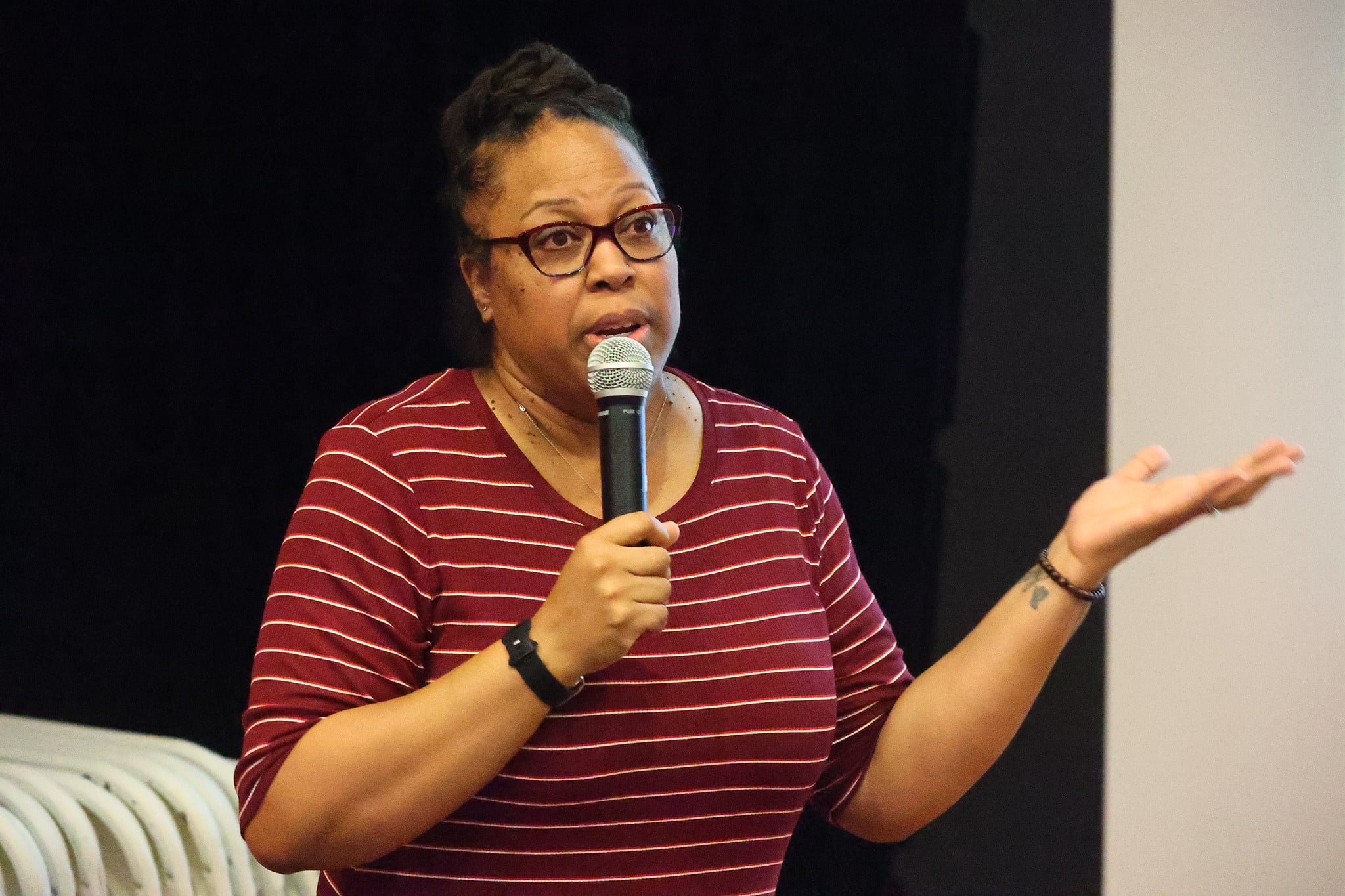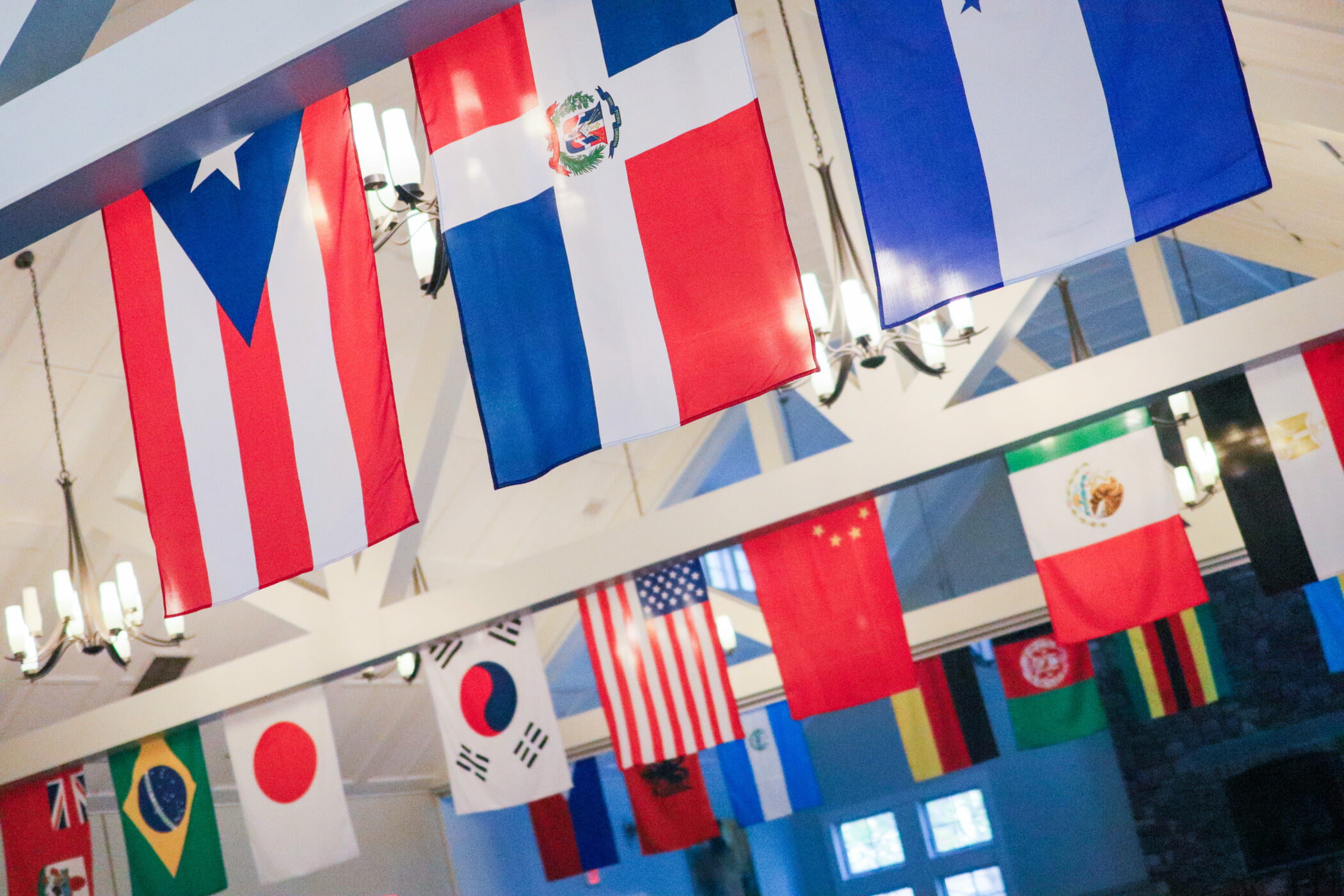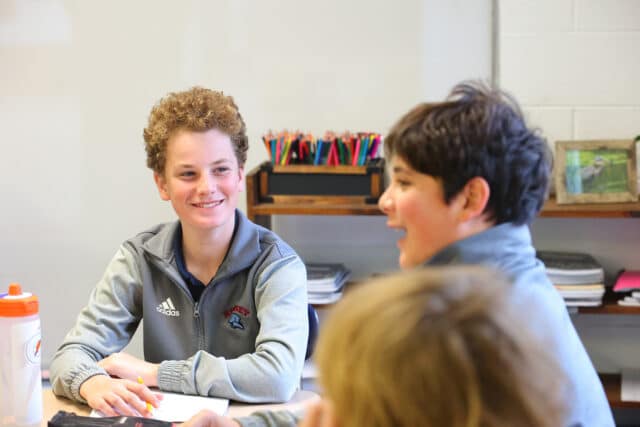
Rumsey Hall’s commitment to diversity, equity, inclusion, and belonging (DEIB) is intentionally embedded in our mission. The School fosters a community where everyone feels safe, respected, and valued. Belonging to a diverse and inclusive environment is essential to our learning as it broadens perspectives and strengthens our collaborative spirit. Our effort is ongoing; we will continually evolve to support individual and collective growth.
DEIB Committee
Our Diversity, Equity, Inclusion, and Belonging Committee consists of engaged teachers and administrators who are committed to our ongoing DEIB efforts. Their work spans programming, curriculum, and community initiatives that reflect and celebrate the diverse identities within our school. Through these initiatives, the DEIB Committee ensures that Rumsey is a place where every student, staff member, and family feels seen, heard, and valued.

Community Celebrations & Cultural Programming
The committee organizes and supports a range of student-centered events that highlight the diversity within our community. These include heritage month recognitions, school-wide celebrations for cultural holidays and traditions, and visiting programs like At the Table with Martin Luther King Jr. and spoken-word artist Frankie Soto.

Curriculum & Instructional Enrichment
In collaboration with department chairs and the library, the committee works to ensure that classroom materials reflect a range of perspectives and identities. They’ve supported reviews of academic content through a DEIB lens and helped bring inclusive literature into school discussions. The committee also encourages faculty to align lessons with monthly cultural celebrations, ensuring that DEIB themes are woven into the academic experience throughout the year.

Faculty & Staff Development and Policy Review
The committee actively fosters a culture of growth and inclusion among faculty and staff by organizing meaningful professional development opportunities, including workshops led by educators like Afrika Mills. In addition, they play a vital role in reviewing institutional policies and reimagining campus spaces to ensure they reflect and support the values of equity and belonging.



